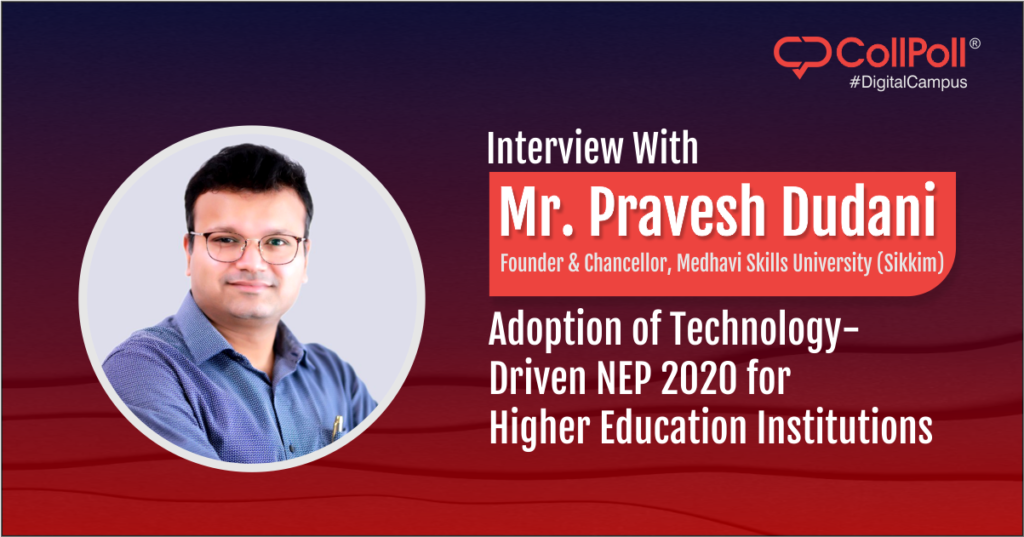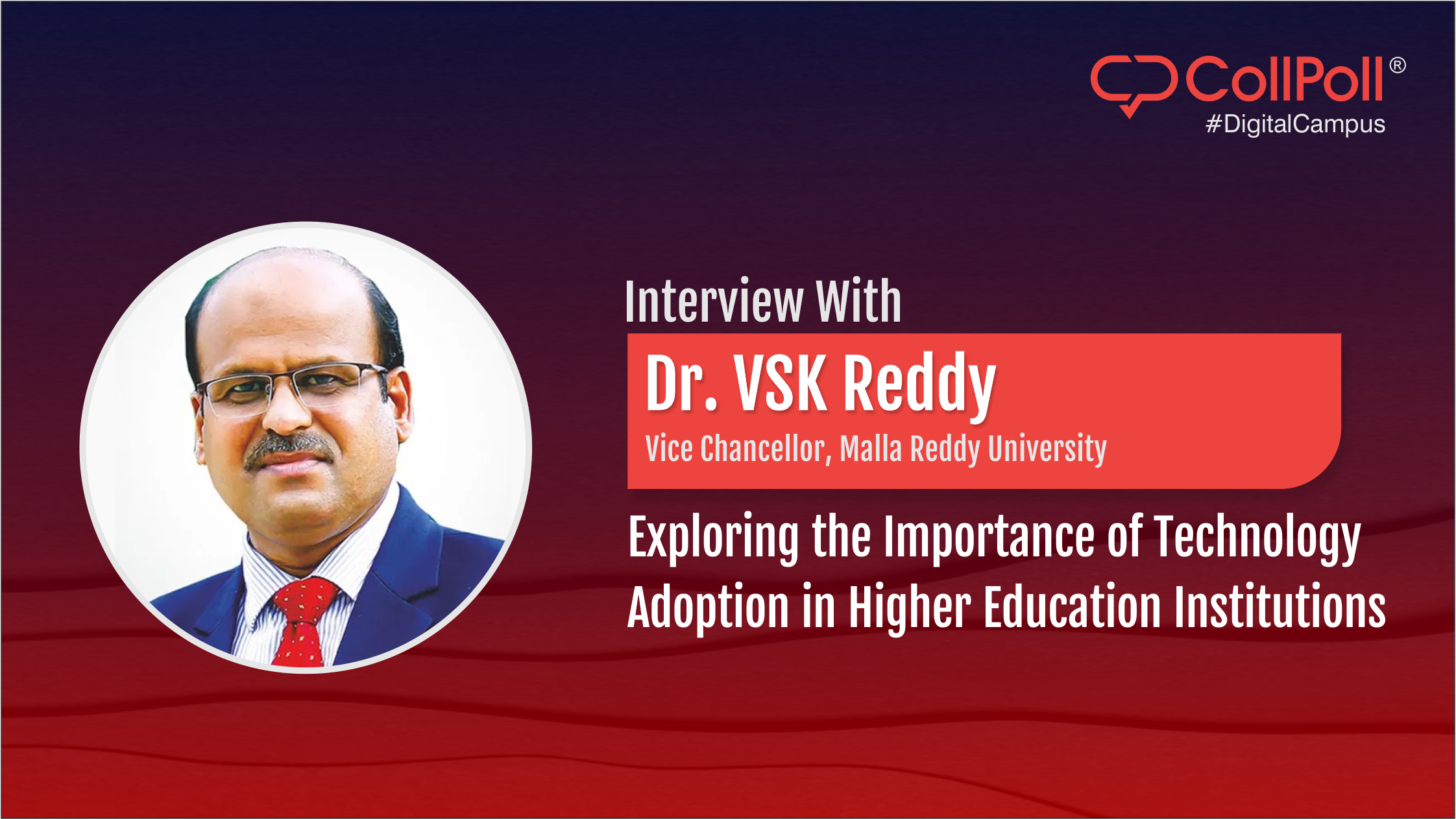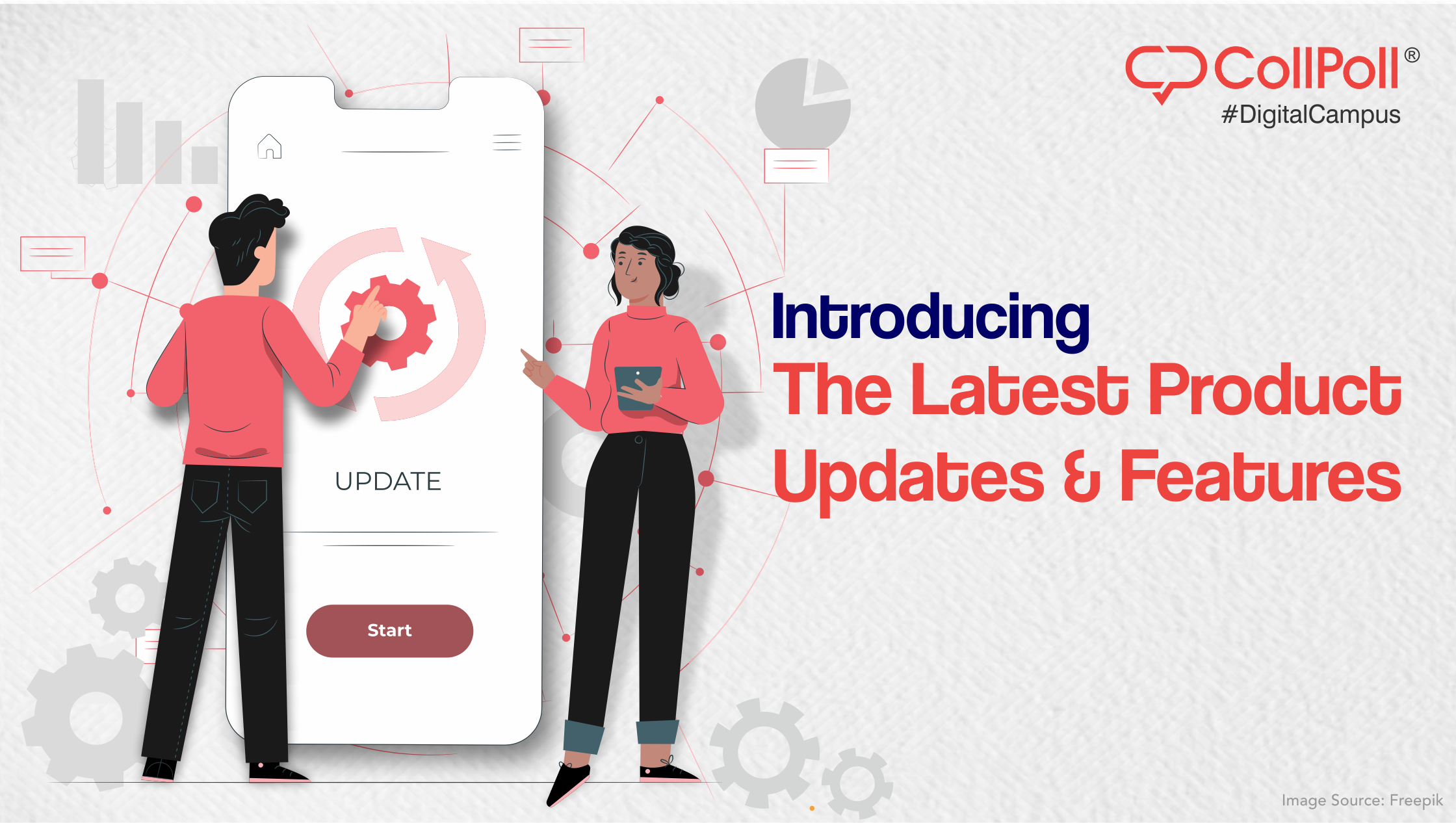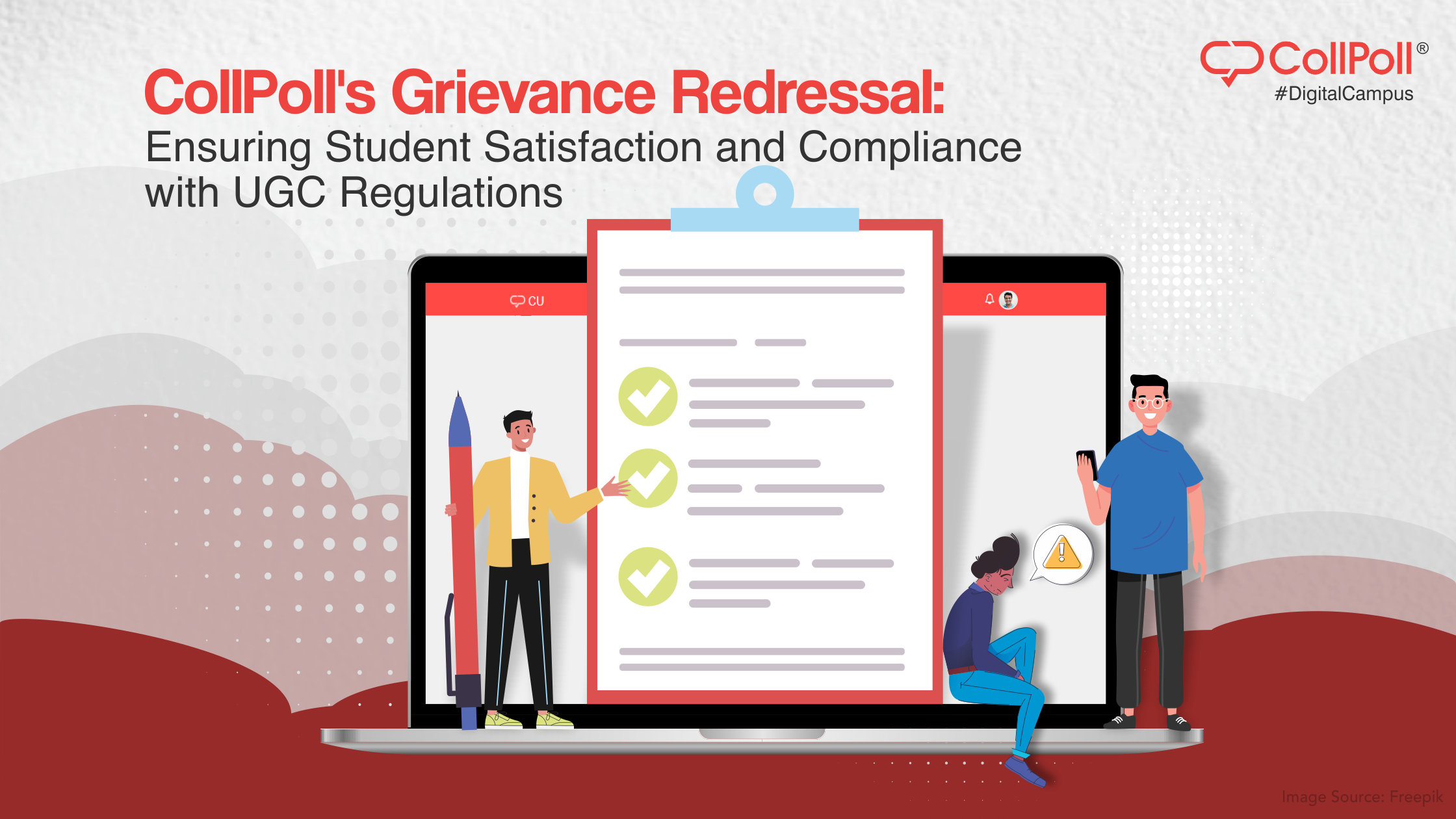At CollPoll, we strive to help institutions by sharing the experience, opinions, and insights of academic thought leaders. In this candid chat with the CollPoll team, Mr. Pravesh Dudani, the Founder & Chancellor of Medhavi Skills University, shares his thoughts about the extensive use of technology in teaching and learning to enhance student success and education outcomes, the importance of the New Education Policy (NEP 2020), and ways to become a successful institution.
Pravesh Dudani is the Founder & Chancellor of Medhavi Skills University, Sikkim and the Managing Director of the sponsoring body of the University – Medhavi Foundation. He holds 15+ years of rich experience in education and skills leadership. As the Founder of Medhavi Skills University, Mr. Pravesh Dudani has been providing strategic direction to drive the huge potential of our young generation and holds the vision to bridge the gap between the employability of the rural youths and the manpower requirements of industries.
Q. What are the three biggest technological changes you have witnessed in the higher education sector in the last two years?
The last two years have been really important in the higher education landscape, primarily because of the implementation of the New Education Policy (NEP 2020). Subsequently, the announcement of the new national credit framework is expected to bring a huge change. As a result, a more outcome-oriented higher education ecosystem is being created. Today, institutions spend a great time on competencies and tracking learning outcomes rather than just monitoring the amount of time spent by students in the classrooms.
Technology will play a very essential role in the continuous assessment of teaching and learning outcomes. As a skills-based university, we are launching all the NEP-first and technology-led courses and practices at Medhavi Skills University.
Q. Could you please suggest a few key steps that institutions should take to easily adopt the New Education Policy?
The renowned institutions of the country have a legacy in terms of the courses they offer and the pedagogy they follow. And bringing the required mindset shift in these institutions requires a lot of effort. From syllabi to assessments, everything needs to be transformed technologically.
Higher education institutions today, should focus more on continuous assessments, give more weightage to quizzes, projects, and field activities, and introduce more electives, and opportunities to acquire grades based on skills. To bring these changes we require a massive transformational effort.
Institutions should make the entire curriculum structure more credit-based, which is an essential part of the New Education Policy. Additionally, they should empower the students to gain more skills for the future.
Q. Can you please throw some light on the need for institutions to focus on student health and mental well-being?
The mental and physical wellbeing of students plays quite an essential role later in their life. Reducing stress of academic workload over students is necessary and a core part of NEP 2020. Institutions should focus on adopting more engaging and challenging learning opportunities such as sports and skill-based competitions, etc. and should also grant the credits based on the same.
UGC has recently announced a four-year programme that allows the institutions to offer credit-based courses from outside the university. All the extracurricular activities, competitions, sports events, field trips, industrial visits, and internships can help students lower their mental workload and enhance their overall development as well. Moreover, this would also help institutions build up student personality, social ability, and skills.
Q. What is your vision for Medhavi Skills University?
Medhavi Skills University was established in 2021. It is one of the few skill-based university that is even recognised by the government of India in the panel of – Ministry of Skills Development and Entrepreneurship; where we share our recommendations of how to – make skilling aspirational, integrate industry standards in the campus, and introduce industries as the stakeholder in higher education institutions.
Among the various approaches at Medhavi Skills University lies the introduction of – apprenticeship-oriented degree programmes in partnership with industries, flexible ITI programs in technical areas, and credit transfers by partnering with different skill institutions. This boils down to creation of employment-centric courses, bridging the gap between skills required in the industry, and the training students receive on the campus.
At Medhavi Skills University, we are aligning our ideologies and approaches with the New Education Policy (NEP 2020).
Q. How is CollPoll making an impact in the higher education space?
Medhavi Skills University and CollPoll have been collaborating for more than a year. We started our campus operations by automating them with CollPoll. It has been an extremely crucial platform which has helped us transform education to a more learning-outcome oriented.
The faculties at MSU are using CollPoll extensively to take quizzes and assignments, track student learning on a daily basis, manage attendance, monitor learning outcomes, and even perform the non-academic activities. CollPoll is an agile and flexible platform that offers an array of features and modules. We look forward to introducing it to a greater number of students in the future.
Thank You Mr. Pravesh Dudani for such a wonderful conversation, we look forward to having you again!
Keep watching this space for more interviews of CollPoll on higher education status and emerging trends!






